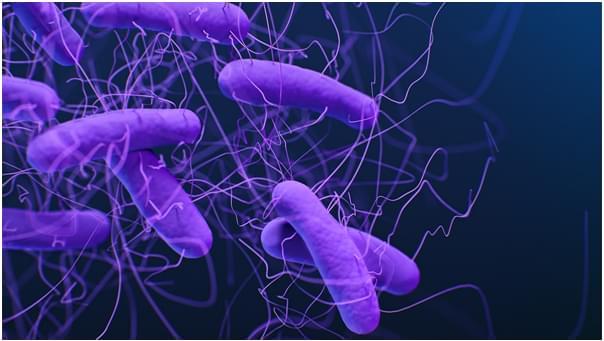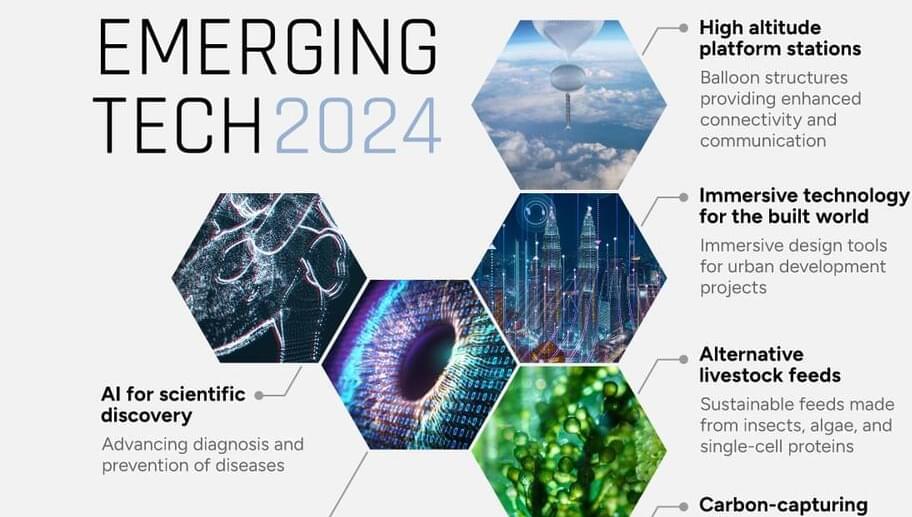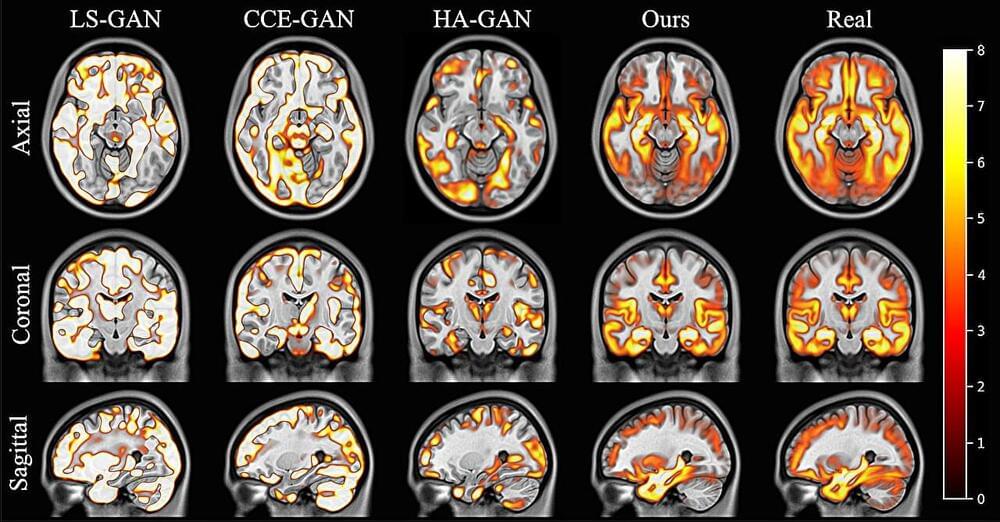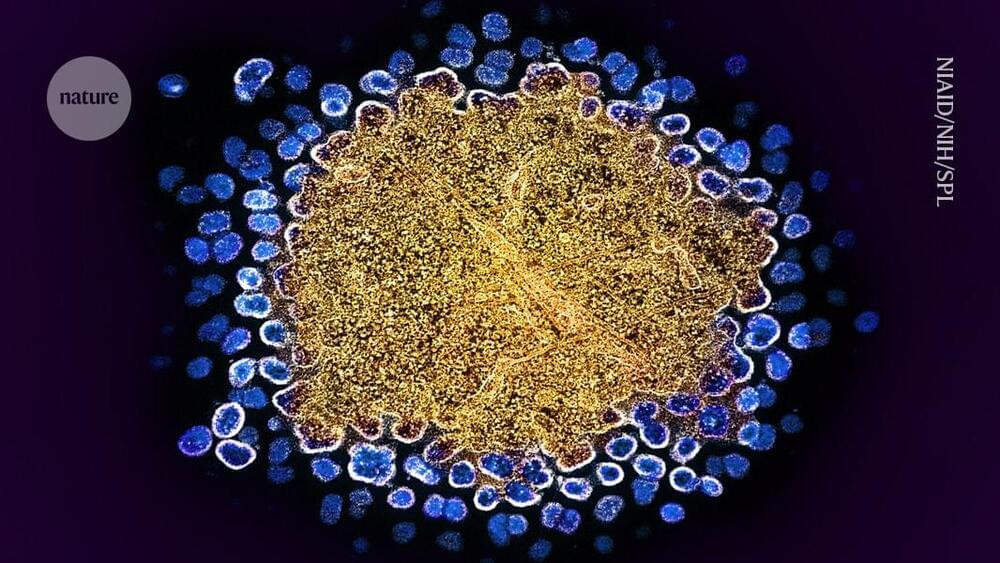A collaboration between researchers at the Laboratory of Medical Sciences (LMS) in London and the Laboratory of Molecular Biology (LMB) in Cambridge, has solved a decades-old mystery which could pave the way to better cancer treatments in the future.
Category: biotech/medical – Page 452
Which Biomarkers Are Most Predictive Of Biological Age?
Join us on Patreon! https://www.patreon.com/MichaelLustgartenPhDDiscount Links/Affiliates: Blood testing (where I get my labs): https://www.ultalabtests.com/.…


Study identifies protein that affects health of gut microbiota and response to bacterial infection
Future studies can now be designed to understand the discovery in greater depth and use it to develop treatments. “The essential next step is to investigate the efficacy of IL-22BP inhibitors in animal models and possibly in clinical trials to treat severe intestinal infections,” Fachi said. Another possibility will be to explore how different types and quantities of food fiber affect short-chain fatty acid production. “The composition of gut microbiota in the absence of IL-22BP can provide valuable information,” he added.
Gut microbiota modulation may benefit other intestinal inflammatory conditions, such as Crohn’s disease and ulcerative colitis, as well as infections caused by other pathogens.
“Finding out how IL-22 interacts with other molecules and immune system cells in the absence of IL-22BP will help us better understand its function in intestinal immunity. Future studies could transform our understanding of the role of these proteins in intestinal health and lead to the development of novel therapeutic strategies to prevent and treat intestinal infections,” Vinolo said.
Fully-automatic robot dentist performs world’s first human procedure
Nightmare fuel? Maybe – but in a historic moment for the dental profession, an AI-controlled autonomous robot has performed an entire procedure on a human patient for the first time, about eight times faster than a human dentist could do it.


New Dual-Target Drug Could Make Antibiotic Resistance 100 Million Times Harder
It’s easy to think of bacteria as one of the greatest scourges on Earth for the diseases and deaths they cause, and how they repeatedly thwart our best antibiotics, evolving into drug-resistant superbugs.
But really, bacteria are just doing what they’ve always done – finding new ways to survive.
While the search for new antibiotics continues, combination therapies are increasingly being tested to try to clamp down on multiple bacterial escape pathways at once, and limit the chances of microbes developing resistance with successive biological hacks.

Visualizing the Top 10 Emerging Technologies in 2024
This was originally posted on our Voronoi app. Download the app for free on iOS or Android and discover incredible data-driven charts from a variety of trusted sources.
Emerging technologies of today have the power to reshape industries, achieve significant scale, and shift the economic landscape.
From AI-driven advancements in disease detection to carbon-capturing microbes, these technologies stand to improve future society. Meanwhile, greater efficiencies in wireless connectivity allow networks to drive higher data rates and enhance robust communications across 6G networks and the industrial internet-of-things.

AI brain images create realistic synthetic data to use in medical research
An AI model developed by scientists at King’s College London, in close collaboration with University College London, has produced three-dimensional, synthetic images of the human brain that are realistic and accurate enough to use in medical research.
The model and images have helped scientists better understand what the human brain looks like, supporting research to predict, diagnose and treat brain diseases such as dementia, stroke, and multiple sclerosis.
The algorithm was created using the NVIDIA Cambridge-1, the UK’s most powerful supercomputer. One of the fastest supercomputers in the world, the Cambridge-1 allowed researchers to train the AI in weeks rather than months and produce images of far higher quality.

Seventh patient ‘cured’ of HIV: why scientists are excited
Yay face_with_colon_three
A 60-year-old man in Germany has become at least the seventh person with HIV to be announced free of the virus after receiving a stem-cell transplant1. But the man, who has been virus-free for close to six years, is only the second person to receive stem cells that are not resistant to the virus.
“I am quite surprised that it worked,” says Ravindra Gupta, a microbiologist at the University of Cambridge, UK, who led a team that treated one of the other people who is now free of HIV2,3. “It’s a big deal.”
The first person found to be HIV-free after a bone-marrow transplant to treat blood cancer4 was Timothy Ray Brown, who is known as the Berlin patient. Brown and a handful of others received special donor stem cells2,3. These carried a mutation in the gene that encodes a receptor called CCR5, which is used by most HIV virus strains to enter immune cells. To many scientists, these cases suggested that CCR5 was the best target for an HIV cure.